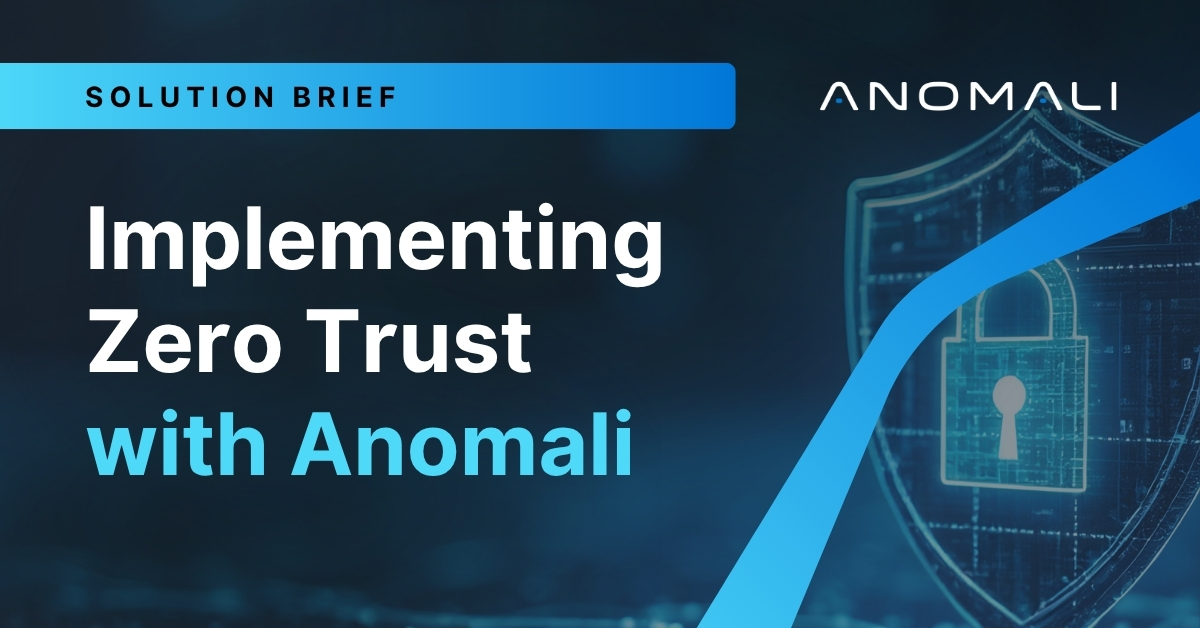Anomali Overview: Security Operations Done Differently

Security teams are navigating a complex and evolving threat landscape fueled by AI-driven cyber attacks, geopolitical instability, and an ever-increasing big data challenge.
To win the war against cybercrime, we must think differently.
Anomali modernizes the delivery of legacy systems, using AI and industry-leading threat intel to deliver robust security analytics that empower teams to detect, investigate, respond, and remediate threats with unprecedented speed and precision.
We do it all in one easy-to-use integrated platform at a fraction of the cost of other solutions.
Be different. Be the Anomali.
Discover More About Anomali
Dive into more great resources about Anomali's Security and IT Operations Platform, cybersecurity trends, threat intelligence, Anomali's technology partners, and more.



